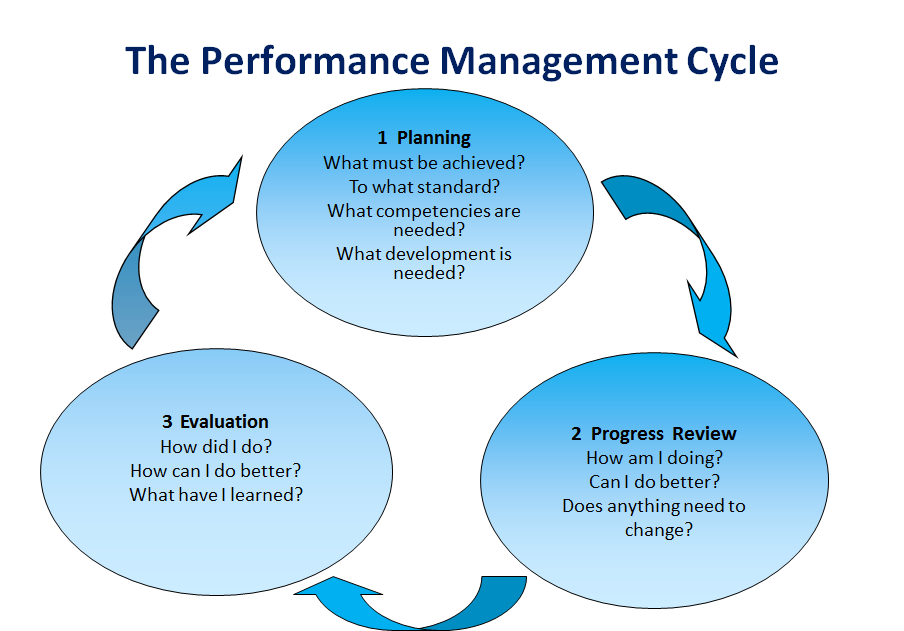
PERFORMANCE MANAGEMENT ASSESS OR UNLEASH (Courtesy Fraser Marlow)
Do you remember when companies had telex machines? When you had to print out black and white charts and tables on acetate to stick on an overhead projector? Yeah, back in the days when business suits had flared trousers and all telephones were wired to the wall?
The corporate world has come a long way since then. But one vestige of yesteryear still clings on: the old-school performance management process. You know the one—where each manager gets to sit down, one by one, with his or her direct reports and hand them a grade-card for the year. Jane scored four out of five, but Bob scored a two. “We are really going to have to do something about Bob this year,” thinks the manager…
This approach to managing the performance of a team is widely disliked. Team members don’t find it useful in getting coaching to improve performance; managers find the process bureaucratic and counter to the kind of teams they are trying to build. So the organization as a whole must be getting something out of this, surely? Apparently not—most executives have no faith the approach is having a positive impact, and the HR or organizational development team is trying to make important decisions around talent based on fundamentally flawed data.
By and large, companies around the world agree it’s time the old performance management process went the way of the fax, the floppy disk and the Tippex.
But hold on a minute. Performance still needs to be managed, right? We still need to set goals and then evaluate performance towards those goals, providing course correction where needed. So if we throw out the old forms and the ranking, what will take its place?
Luckily a growing number of pioneering companies are leading the way, trying out new approaches and models that are a better fit for today’s nimble, social work environments. At the heart of these approaches is a growth mindset—the assumption that every employee has untapped potential—along with greater coaching by managers via more frequent interactions and ongoing feedback.
Organizations that have taken this approach have experienced better teamwork, higher engagement and participation, less turnover and a tremendous reduction in “busy work”—all that administration that added so little value. Managers who provide feedback throughout the year increase the sense of fairness and ensure employees feel included in the work.